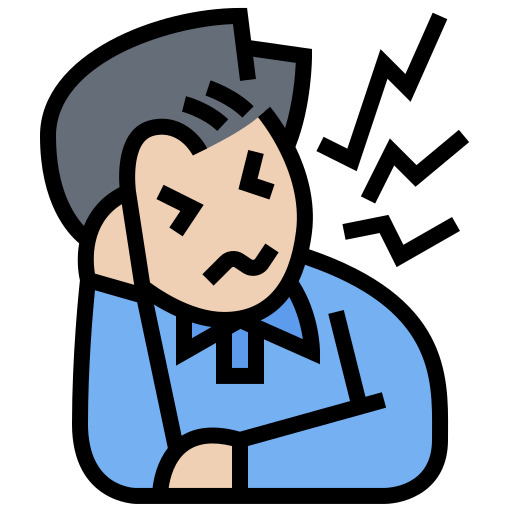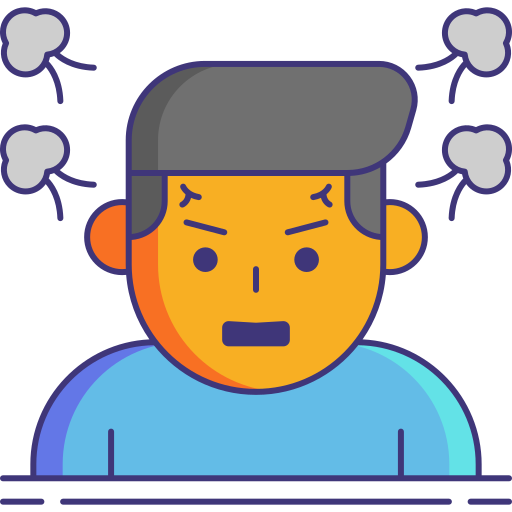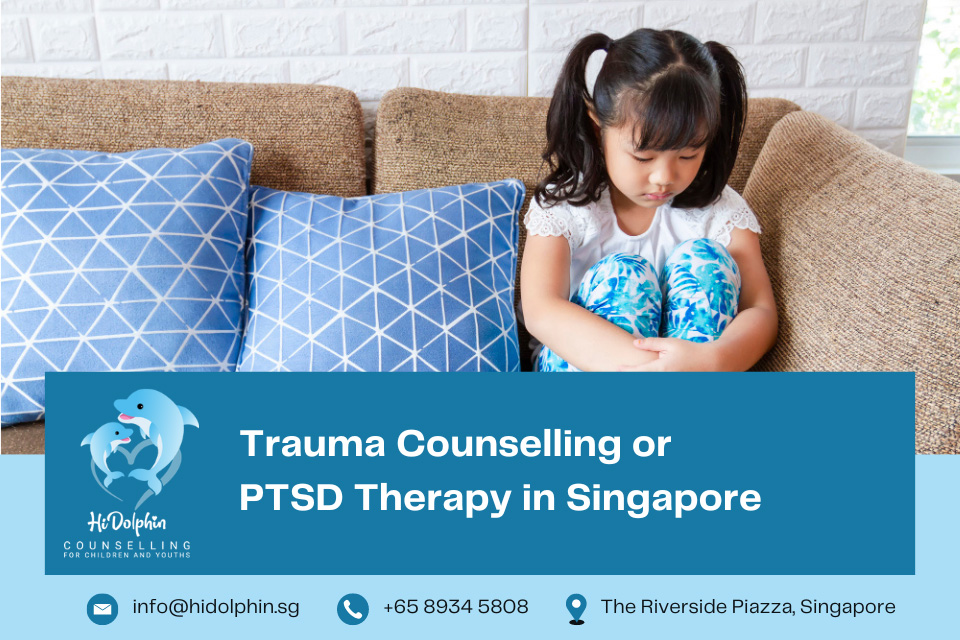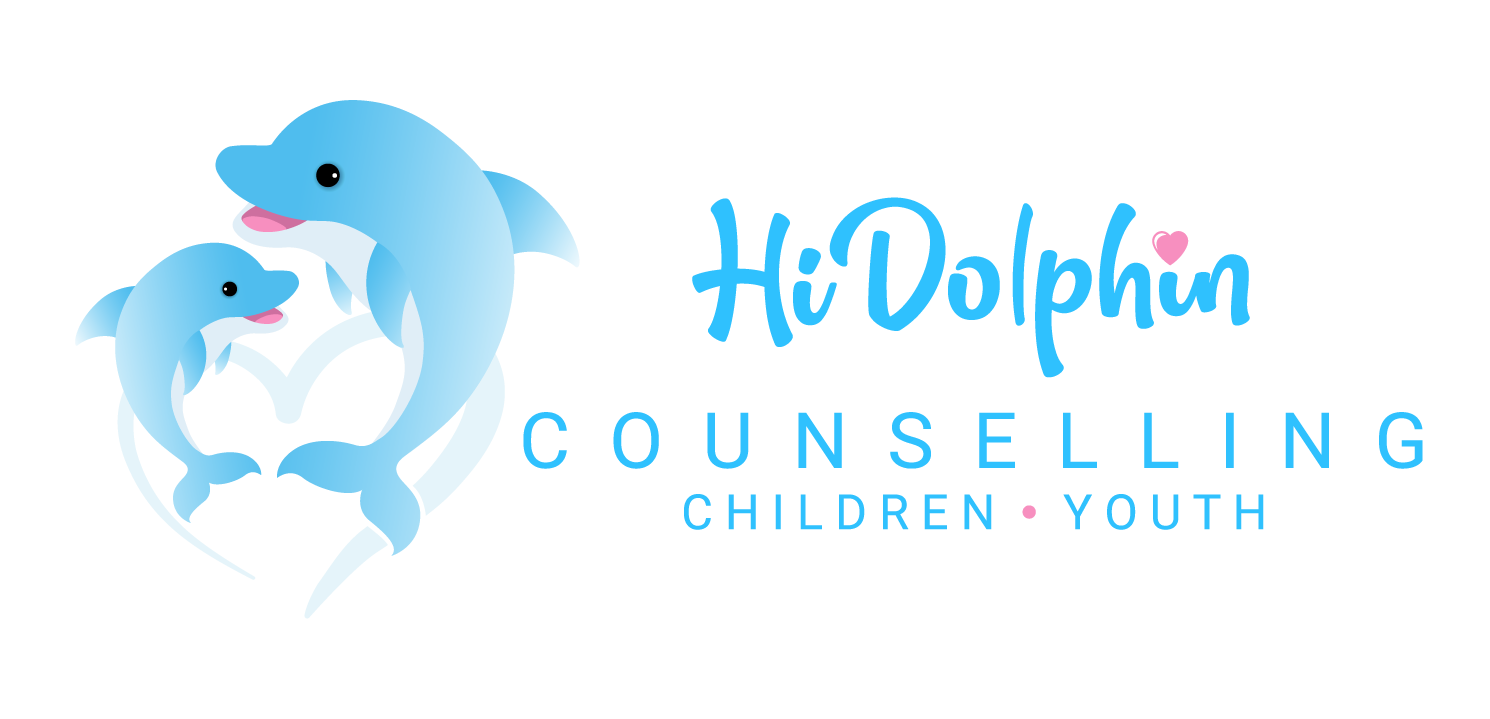Trauma Counselling or PTSD Therapy in Singapore
Trauma in children and youth refers to an emotional response to a deeply distressing or disturbing event or series of events. This can result in difficulty coping, a sense of helplessness, and significant impacts on their physical, emotional, and psychological well-being. Trauma can occur at any age. When children or youth experience trauma, they can develop post-traumatic stress disorder (PTSD).
Causes of PTSD
Children and youth may develop PTSD after experiencing or witnessing events that could cause severe injury or death, including sexual or physical abuse, other violent crimes, bullying, harassment, natural disasters, accidents, war, a friend's suicide, or exposure to physical or verbal violence.
Impact on Brain Development
Trauma in early childhood can result in significant impacts on brain development, including:

Attachment
Struggles with relationships, boundaries, empathy, and social isolation.

Physical Health
Impaired sensorimotor development, coordination problems, and somatic symptoms.

Emotional Regulation
Difficulty identifying feelings and communicating needs.

Dissociation
Altered states of consciousness, amnesia, impaired memory.

Cognitive Ability
Difficulty with attention, focus, learning, processing, and planning.

Self-Concept
Lack of sense of self, body image issues, low self-esteem, shame, and guilt.

Behavioral Control
Difficulty controlling impulses, oppositional behavior.
Symptom of Trauma in Children and Youth
- Emotional and behavioral changes: Separation anxiety, depression, irritability, anger, crying or screaming, fear, guilt, or shame.
- Changes in academic performance and school attendance.
- Avoidance of activities, people, places, or situations that serve as reminders of the traumatic event.
- Physical symptoms: Headaches, stomachaches, fatigue.
- Overreacting to minor issues or being overly fearful.
- Seeming detached, numb, or non-responsive.
- Self-harming behaviors.
- Difficulty concentrating.
- Difficulty sleeping, nightmares.
- Loss of appetite and weight loss.
- Loss of interest in previously enjoyed activities.
Trauma Counselling Treatment: MEMI
Multichannel Eye Movement Integration (MEMI) is a psychotherapy treatment method that does not require clients to repeatedly recount their trauma in counselling session and does not involve medication. MEMI helps reset the normal function of the hippocampus and reactivate the connection between the amygdala and the prefrontal cortex. It is effective at resolving negative responses caused by trauma by "rewiring" the limbic system, bringing it back into balance.
Benefits of Using MEMI in Trauma Counselling
- Does not require recounting the trauma story.
- Reframes the cognitive aspects of an experience.
- Conducts future rehearsals and self-appreciation.
- Processes traumatic memories and emotions in a safe manner.
- Includes relaxation techniques for self-regulation.
- Develops personalized coping strategies and a self-care plan.
When encountering a traumatic event, the brain undergoes changes that can lead to PTSD. During a fear response, the amygdala releases electrical bursts that alter neural network activity to prepare for a threat. The hypothalamus triggers the fight-or-flight response, enhancing strength, alertness, and focus. The stress hormone cortisol floods the hippocampus, distorting memory storage. Disruptions between the amygdala, hippocampus, and prefrontal cortex, crucial for memory and emotional regulation, can cause cognitive and emotional issues. MEMI helps restore normal brain function and balance the limbic system, addressing the physical, emotional, and sensory reactions to trauma in trauma counselling sessions.
Why Choose HiDolphin for Trauma Counselling or PTSD Therapy?
HiDolphin provides the Best Trauma Counselling and PTSD therapy in Singapore. Trauma Counselling and post-traumatic stress disorder (PTSD) therapy are both types of psychotherapy that can help you deal with the behavioral and emotional effects of a traumatic situation. In this case, your brain recognizes trauma as a familiar word. So our brain assesses the information to know how it needs to react. So in this, we have shown symptoms like anxiety, hypervigilance, flashbacks, and negative thoughts and beliefs. The main treatment of trauma and (PTSD) is talk therapy.
- Expert Guidance: Hidolphin has an experienced therapist who provides expert guidance to support children and youth. The therapist identifies the reason and provides proper guidance. They also manage the Trauma and PTSD of their patient.
- Our Approach: Our therapist analyzes both the child and from their parents to get to know where the child is coming in this Trauma and (PTSD) situation. By following this approach, our therapists can deploy appropriate strategies.
- Our Methods: We all know Hidolphin uses a comprehensive method, gives CBT, PE, CPT, TF-CPT, EMDR, and meditation, and provides various methods such as art and music.
- Complete Assistance: We Provide complete assistance to families and their children throughout the entire process. It assesses your symptoms and experiences then understands your trauma and gives constant therapy. This commitment to effective Trauma and (PTSD) ensures a coordinated and consistent effort.


